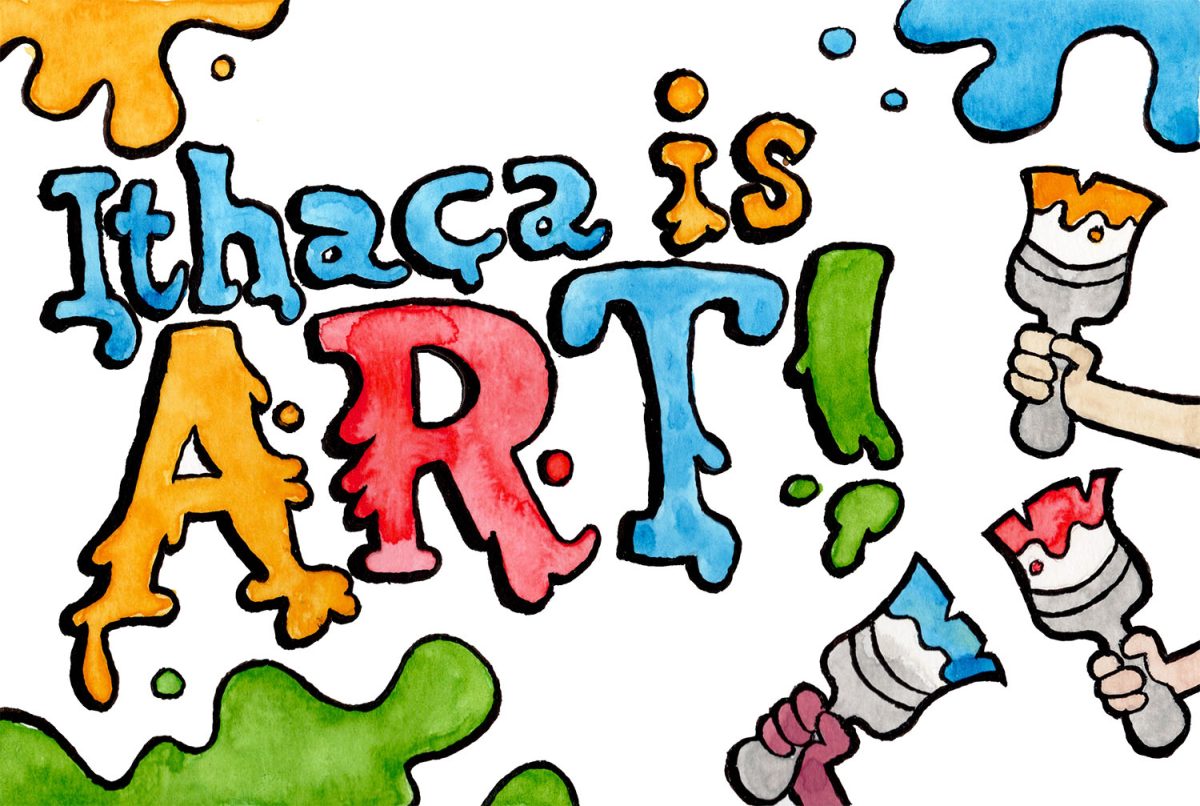The Jan. 7 terrorist attack at the Paris offices of the satirical magazine Charlie Hebdo, which left 12 people dead, has spawned criticism of freedom of the press as well as a rallying cry behind it. Millions of social media users around the world expressed solidarity with the victims and their families using the hashtag #JeSuisCharlie. The French phrase for “I am Charlie” became one of the most popular hashtags in Twitter’s history with more than 5 million tweets, according to the Daily Mail.
In response, about 20,000 users have started the hashtag #JeNeSuisPasCharlie — “I am not Charlie” — condemning the magazine’s provocative and often racist depictions of Muslims and other religious and minority groups, according to the BBC.
While satire can be used as a starting point for constructive social critique, it’s not a mask to hide behind in order to spread racism and hate speech.
Merriam-Webster’s dictionary defines “satire” as “humor that shows the weaknesses or bad qualities of a person, government, society, etc.” Religious satire has a particular niche in France’s culture due to the country’s policy of “laicite,” or separation of church and state, signed into law in 1905. In France, religious beliefs, or lack thereof, belong in the private sphere, and the public profession of faith is frowned upon. French religious satire seems to be more of a jab at institutions rather than a criticism of beliefs or blatant irreverence. However, with its depictions of the prophet, Charlie Hebdo has crossed the fine line between satire and hate speech — defined by French law as “incitement to racial discrimination, hatred, or violence on the basis of one’s origin or membership (or non-membership) in an ethic, [sic] national, racial, or religious group,” according to The Legal Project.
In an interview with NBC’s “Meet the Press,” Charlie Hebdo’s new editor-in-chief, Gerard Biard, said, “We have a problem when faith and religion become political … Because once religion injects itself into the political debate, the political debate becomes totalitarian.” In other words, Charlie Hebdo isn’t mocking the faith of the Pew Center–estimated 1.6 billion Muslims worldwide as of 2011, but rather the actions of a small population of extremists who use religion for political gain.
However, according to the BBC, Islamic tradition across all sects and international borders “explicitly prohibits images of Allah, Muhammad and all the major prophets of the Christian and Jewish traditions.” By using extremism to mock extremists, Charlie Hebdo’s Islam-related cartoons have backfired and offended even the millions of peaceful Muslims who are trying to fight Islamophobia.
Satire points out the little inconsistencies and flaws in people and systems. Hate speech renders its subject worthless and undeserving of respect. Comedians, artists and writers walk this fine line constantly.
Journalists, satirists and artists have the right to question and analyze, but they must not abuse their power by perpetuating racism.
Vicky Wolak ’14 is an English teacher living in Compiegne, France, a town about two hours away from Paris. Email her at [email protected].












